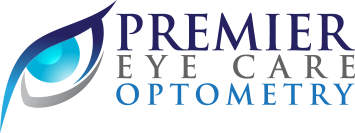
1055 E. Harriman Pl.
San Bernardino, CA 92408
(Located inside Sam's Club)
*No Membership Required
Monday 10:00 AM - 6:00 PM
Tuesday 10:00 AM - 6:00 PM
Wednesday 10:00 AM - 6:00 PM
Thursday 10:00 AM - 6:00 PM
Friday 10:00 AM - 6:00 PM
Saturday 10:00 AM - 4:00 PM
Sunday Closed














